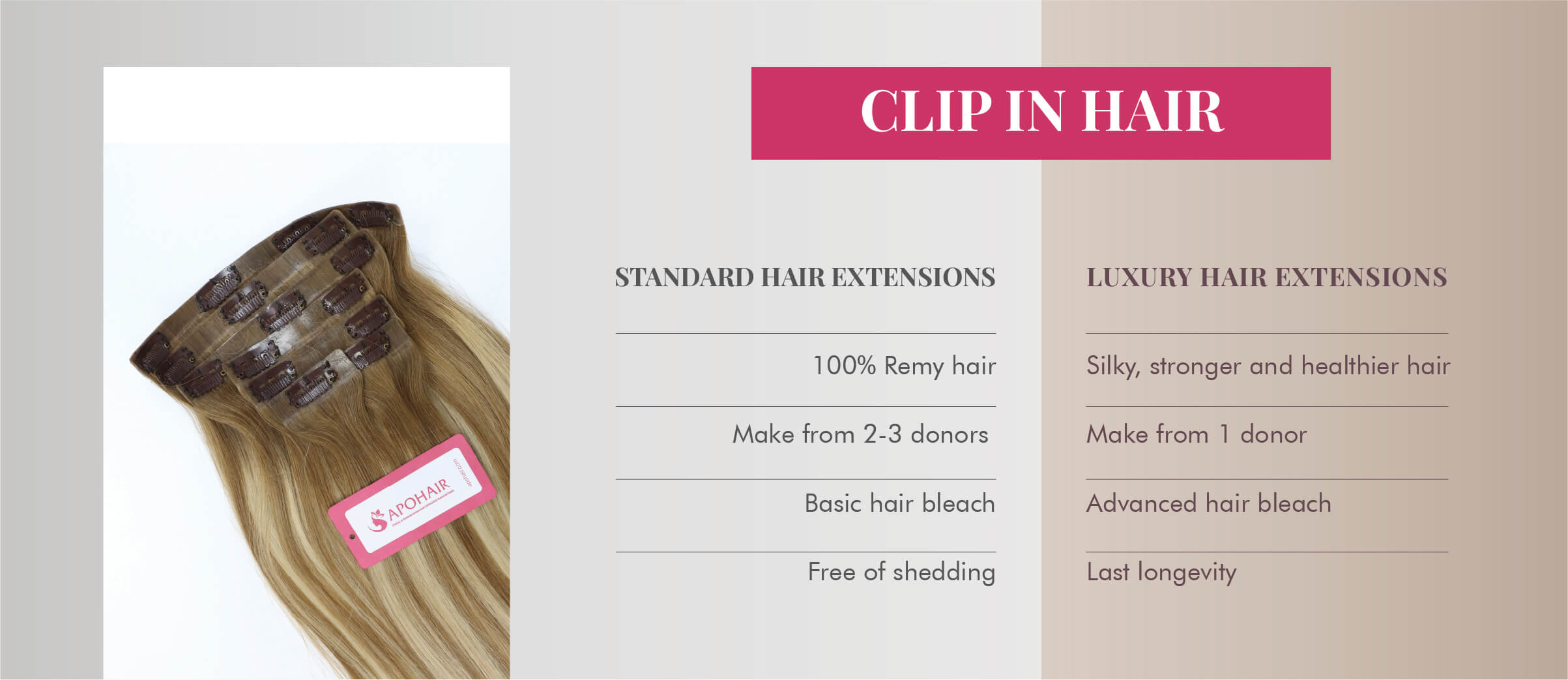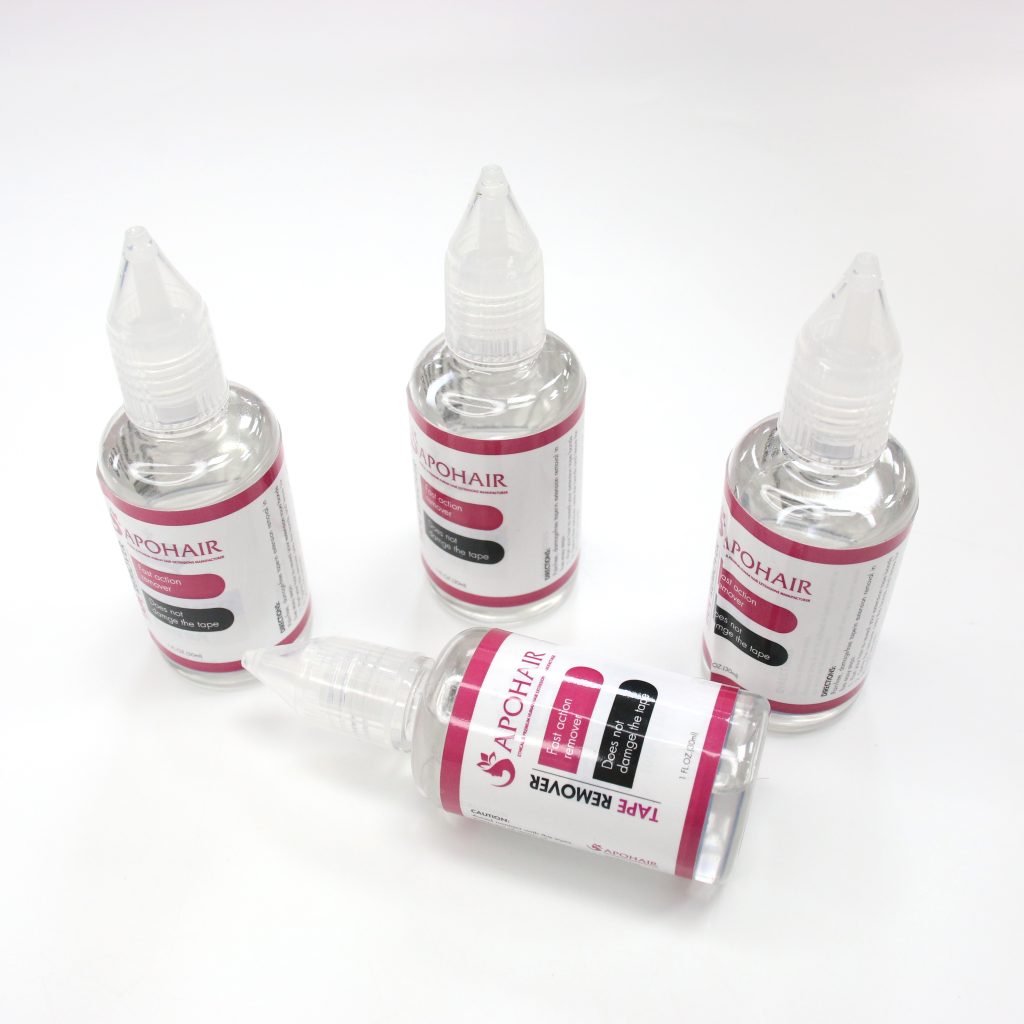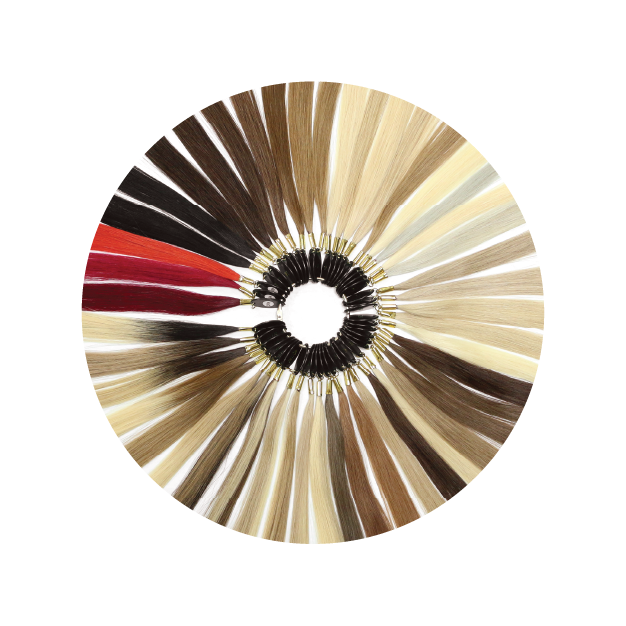If you are looking for natural and effective ways to take care of your hair and skin, you might have come across two popular oils: jojoba oil and castor oil. Both oils have been used for centuries for their various benefits, but they also have some differences that make them suitable for different purposes. In this blog post, we will compare jojoba oil vs castor oil and help you decide which one is better for your hair and skin.
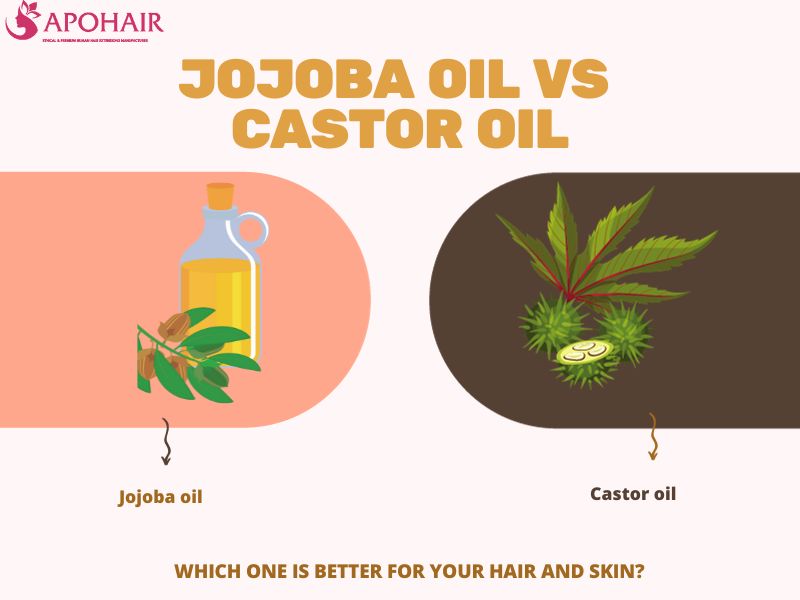
What is Jojoba Oil?
Jojoba oil is a liquid wax that is extracted from the seeds of the jojoba plant, a shrub that grows in the arid regions of North America. Jojoba oil has a golden color and a mild nutty scent. It is composed of mostly esters and fatty acids, such as eicosenoic acid, docosenoic acid, and erucic acid. It also contains vitamins E and B, copper, zinc, selenium, iodine, and chromium.
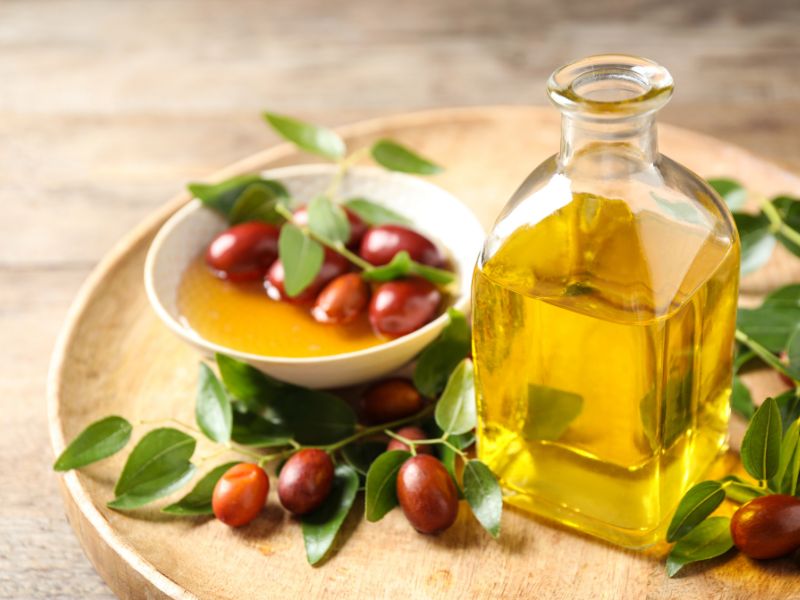
One of the unique features of jojoba oil is that it resembles the sebum, the natural oil produced by the skin. This makes it easily absorbed and non-greasy. It also helps balance the oil production of the skin, preventing it from becoming too dry or too oily.
What Is Castor Oil?
Castor oil is a vegetable oil that is obtained from the seeds of the castor plant, a tropical plant that is native to Africa and Asia. Castor oil has a pale yellow color and a strong odor. It is composed of mostly ricinoleic acid, a monounsaturated fatty acid that has anti-inflammatory and moisturizing properties. It also contains other fatty acids, such as oleic acid, linoleic acid, and stearic acid. It also contains vitamin E, proteins, and minerals.

One of the distinctive features of castor oil is that it is very viscous and sticky. It forms a protective layer on the skin and hair, preventing moisture loss and environmental damage. It also stimulates blood circulation, enhancing the delivery of oxygen and nutrients to the skin and hair cells.
Jojoba Oil vs Castor Oil: The Differences
Although both jojoba oil and castor oil have some similarities, such as being natural, plant-based, and rich in nutrients, they also have some differences that make them more suitable for different purposes. Here are some of the main differences between jojoba oil and castor oil:
1. Texture
Jojoba oil has a light and smooth texture that is easily absorbed by the skin and hair. It does not leave a greasy or sticky residue. Castor oil, on the other hand, has a thick and sticky texture that coats the skin and hair. It can be hard to wash off and may clog the pores or weigh down the hair.
2. Aroma
Jojoba oil has a mild and pleasant nutty scent that is not overpowering. Castor oil has a strong and unpleasant odor that can be off-putting. Some people may find it hard to tolerate the smell of castor oil, especially when applied to the face or scalp.
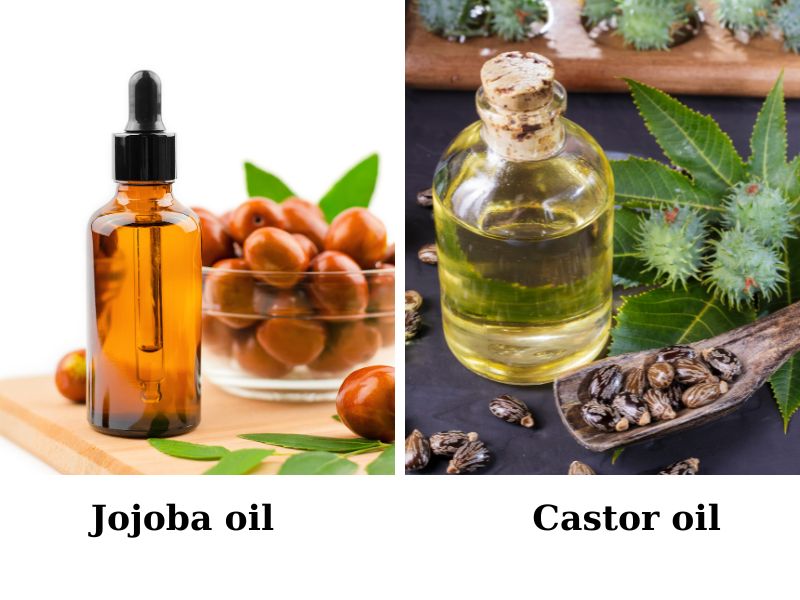
3. Shelf Life
Jojoba oil has a long shelf life of up to five years, thanks to its high stability and resistance to oxidation. Castor oil has a shorter shelf life of up to two years, depending on how it is stored and handled. Castor oil can go rancid if exposed to heat, light, or air, which can affect its quality and effectiveness.
4. Application
Jojoba oil can be applied directly to the skin and hair without dilution. It can also be mixed with other oils, such as coconut oil, almond oil, or olive oil, to enhance its benefits. Castor oil, on the other hand, should be diluted with another oil before applying to the skin and hair, as it can be too harsh and irritating on its own. It can also be mixed with other oils, such as jojoba oil, grapeseed oil, or avocado oil, to reduce its viscosity and odor.
Jojoba Oil vs Castor Oil: The Benefits
Castor oil vs jojoba oil has many benefits for the hair and skin, but they also have some specific advantages that make them more suitable for certain needs. Here are some of the benefits of jojoba oil vs castor oil for hair and skin:
Jojoba Oil Benefits
- Jojoba oil moisturizes the skin and hair without clogging the pores or weighing down the hair. It helps prevent dryness, flakiness, and itchiness.
- Jojoba oil regulates the oil production of the skin and scalp, preventing them from becoming too oily or too dry. It helps balance the pH level of the skin and scalp, preventing acne, dandruff, and infections.
- Jojoba oil protects the skin and hair from environmental damage, such as sun, wind, pollution, and heat. It helps prevent premature aging, wrinkles, fine lines, and sun spots.

- Jojoba oil nourishes the skin and hair with vitamins, minerals, and antioxidants. It helps improve the elasticity, texture, and shine of the skin and hair.
- Jojoba oil soothes the skin and scalp with its anti-inflammatory properties. It helps reduce inflammation, redness, irritation, and swelling.
- Jojoba oil heals the skin and hair with its antibacterial and antifungal properties. It helps treat minor wounds, cuts, burns, and infections.
Castor Oil Benefits
- Castor oil hydrates the skin and hair with its high content of ricinoleic acid. It helps lock in moisture and prevent water loss.
- Castor oil stimulates the growth of the skin and hair cells with its ability to improve blood circulation. It helps promote thicker, longer, and stronger hair and lashes. It also helps reduce hair loss and thinning.
- Castor oil cleanses the skin and scalp with its antibacterial and antifungal properties. It helps remove dirt, oil, and impurities that can clog the pores and cause acne, dandruff, and infections.
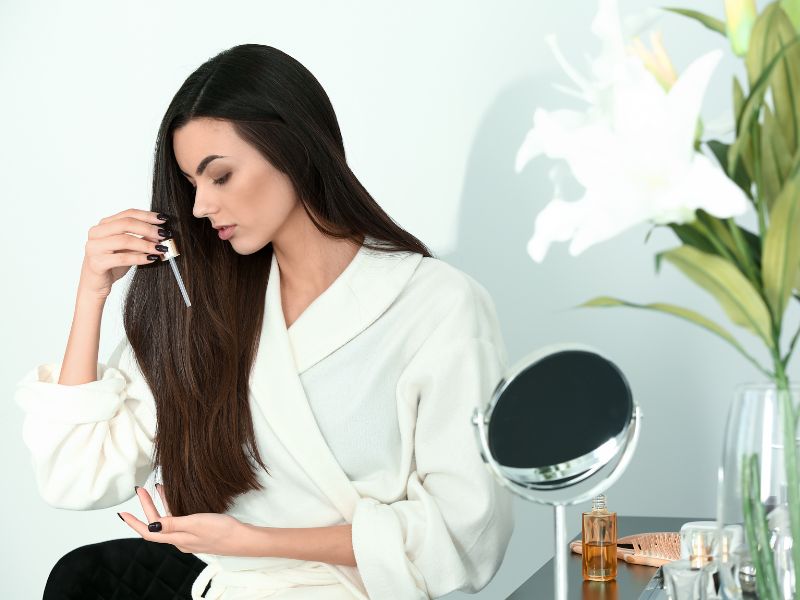
- Castor oil detoxifies the skin and scalp with its ability to draw out toxins and waste. It helps purify the skin and scalp, improving their health and appearance.
- Castor oil repairs the skin and hair with its high content of vitamin E and proteins. It helps repair damaged skin and hair cells, improving their structure and function.
- Castor oil reduces the signs of aging with its ability to boost collagen and elastin production. It helps smooth out wrinkles, fine lines, and sagging skin.
Jojoba Oil vs Castor Oil: Which One is Better for You?
In the jojoba oil vs castor oil debate, the answer depends on your personal preferences and needs. Both oils have their own pros and cons, and they can be used for different purposes. Here are some general guidelines to help you choose the best oil for you:
- If you have oily, acne-prone, or sensitive skin, jojoba oil might be a better option for you. It can help balance the oil production of your skin, prevent clogged pores and breakouts, and soothe irritation and inflammation. It can also moisturize your skin without making it greasy or sticky.
- If you have dry, dull, or aging skin, castor oil might be a better option for you. It can help hydrate your skin, stimulate blood circulation and cell renewal, and reduce the signs of aging. It can also cleanse and detoxify your skin, improving its health and glow.

- If you have fine, thin, or fragile hair, jojoba oil might be a better option for you. It can help moisturize your hair without weighing it down, improve its elasticity and strength, and protect it from environmental damage. It can also nourish your hair with vitamins and minerals, improving its texture and shine.
- If you have thick, coarse, or damaged hair, castor oil might be a better option for you. It can help hydrate your hair, stimulate hair growth and thickness, and repair hair damage. It can also cleanse and detoxify your scalp, preventing dandruff and infections.
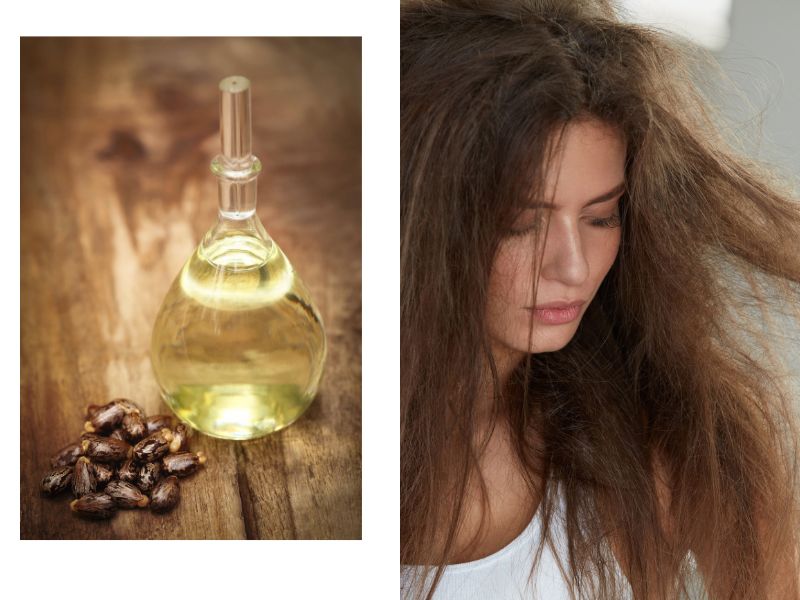
Conclusion
When you want to find a jojoba oil vs castor oil for hair loss, Apohair is here to help you. Jojoba oil vs castor oil are both natural and effective oils that can benefit your hair and skin in different ways. Also, we can make a jojoba oil and castor oil mix for hair.
They have some similarities, such as being plant-based, rich in nutrients, and having anti-inflammatory and antibacterial properties. They also have some differences, such as their texture, aroma, shelf life, and application. Depending on your personal needs and preferences, you can choose the best oil for you, or even use both oils together for optimal results.
If you want to try jojoba oil or castor oil for your hair and skin, you can find them online or in your local health store. However, not all oils are created equal, and you need to make sure you buy high-quality and pure oils that are free of additives, preservatives, or chemicals. Follow us for more useful information for your haircare . Apohair is a leading Vietnamese hair factory that produces 100% human hair extensions and wigs. Visit our website now to explore our collections!
Next article: Choosing The Best Oil For Extensions

